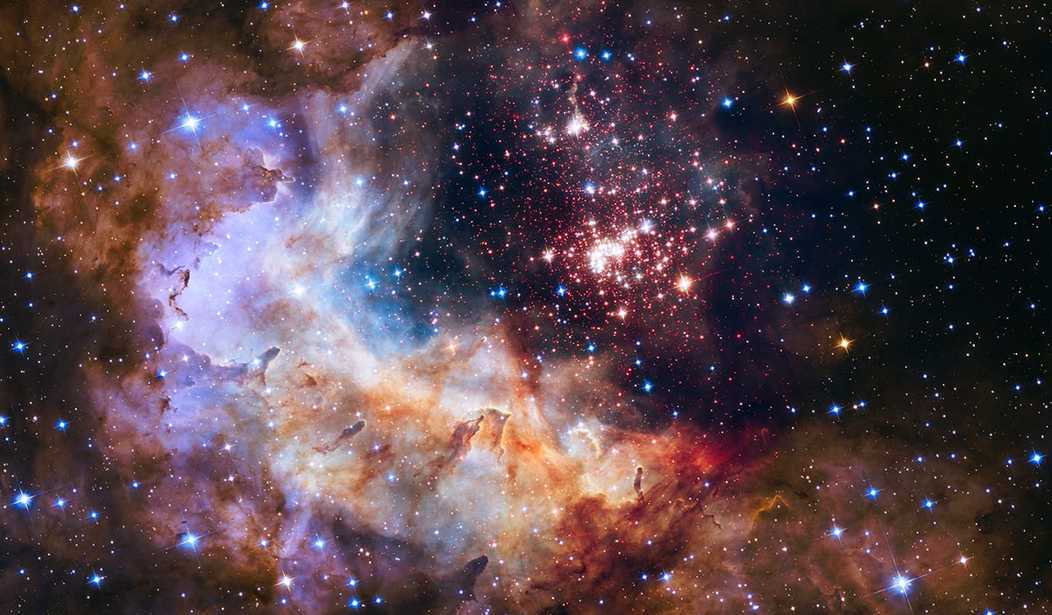Here’s a healthy break away from the politics as usual:
So, while some researchers will use taxpayer money for really, really dumb research projects, the folks at Caltech are doing something that is actually useful: Potentially discovering a possible planet (even though the evidence at this point is purely speculative). This discovery does not properly avenge Pluto’s betrayal, but it is cool to watch science being done still.
The calculations supporting the existence of a new planet were performed by two Caltech scientists. One of them, Mike Brown, is best known for discoveries that eventually led to the dethroning of Pluto from its status as a full planet. With Pluto relegated to a mere “dwarf planet,” the solar system was left with only eight planets.
“OK, OK, I am now willing to admit: I DO believe that the solar system has nine planets,” Brown tweeted from his account @plutokiller Wednesday.
Brown and his colleague, Caltech’s Konstantin Batygin, analyzed the motion of a cluster of small objects in the outer solar system and found they must be influenced by an unseen body, according to a new study in The Astronomical Journal.
No one has yet seen the new planet, and Sheppard placed the odds it will be confirmed at roughly 70%.
“There is no planet found. It’s all circumstantial evidence,” Sheppard said. “It’s like we’re at a crime scene looking at the blood on the wall, and we’re trying to explain how the person died.”
But there’s no other good explanation for the orbits of the planetoids in the cold, dark reaches of the outer solar system, Sheppard said. If the find is confirmed, “it’s kind of mind-boggling that something larger than the Earth could be sitting in our backyard.
This potential planet has been dubbed “Planet Nine,” and the research to confirm its existence will carry on at Caltech. This doesn’t really mean a whole lot as far as “A new place where we can go live after we’ve destroyed this planet,” but it does mean a lot as far as the size and expanse of our solar system, which has undergone a few changes since we learned about it in school (or at least watched the kids on the Magic School Bus sail through it).
The implications of this discovery are pretty awesome: First, the technology to discover this stuff is getting better. That could also mean that there is something else we will inevitably have to improve our travel technology for in order to go exploring.
Which could possibly lead to flying cars? I dunno, science was never my best subject.













Join the conversation as a VIP Member